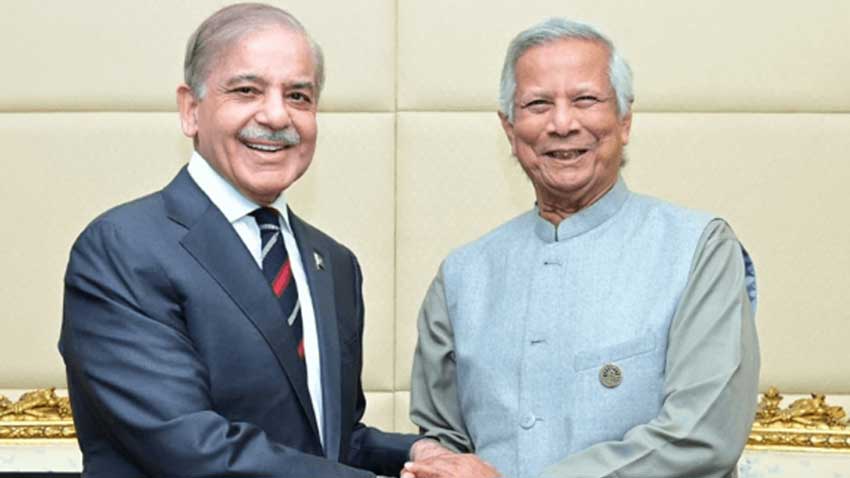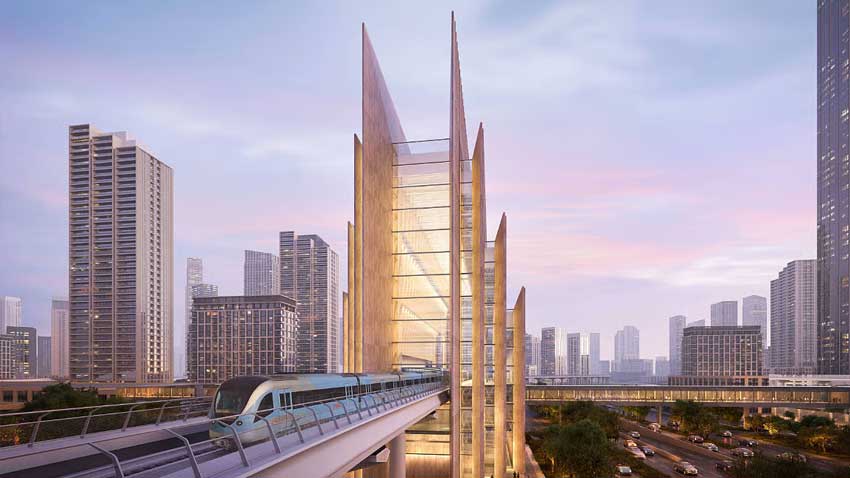
1.1 The Recalibration from Estrangement to Engagement
In 2025, the reconciliation between Bangladesh and Pakistan is a definitive turning point in South Asian geopolitics to shape regional stability, economic flows, and security recalibrations. This is not only a flurry of diplomatic initiatives and rapid normalization to facilitate state-level dialogues, but also a first step for intelligence cooperation and cultural diplomacy.
For the first time in 15 years, Bangladesh and Pakistan held foreign secretary level consultations in Dhaka April 2025, purporting a amity from decades of spiteful relations dictated by historical grievances post-1971 Liberation War. The high-level visit was continued by a sequence of bilateral meetings of multilateral forums mainly the Developing Eight (D-8) summit where concrete issues like trade expansion, visa regimes, and unresolved political disputes were give precedence to reach conciliation.
1.2 Trade Revival, Business Councils, and Military Diplomacy
The bilateral trade surged past the $1 billion mark in early 2025, with a striking 27% growth between August and December 2024. This resumption of direct maritime trade permitted Pakistani vessels delivering bulk cargoes of rice to Chittagong port, halving average delivery times from 30 days via transshipment to 11 days with reduced costs by nearly one third. Direct shipping began in November 2024 and import growth 19.14 lakh tonnes imported from Pakistan in 2024 up from 17.39 lakh tonnes in 2023, and 3.77 lakh tonnes already in the first four months of 2025. Pakistan’s primary exports to Bangladesh include ready made textiles, chemicals, rice 2.8 million tons valued at $1.3 billion in 2022, vehicle parts, raw leather, cement clinker, and commodities for the garment sector. This point towards a 27% growth for the last quarter of 2024 alone. Pakistan’s exports to Bangladesh reached closely $778 million in 2024, while Bangladesh’s exports to Pakistan, stand at about $62 million annually, primarily comprising of raw jute, textiles, pharmaceuticals, and tea.
Sources: United Nations COMTRADE, National Board of Revenue Bangladesh

Hitherto, intelligence agencies in Dhaka were wary of direct engagement with Pakistan’s Inter-Services Intelligence (ISI), yet by 2025, not only have ISI delegations visited Dhaka, but formal steps have been taken to establish bilateral intelligence sharing networks.
A senior Bangladeshi military delegation met Pakistan’s Army Chief General Asim Munir in January 2025, and the Bangladesh Navy participated in Pakistan’s Aman-25 multilateral naval exercise off Karachi, its first such involvement in over a decade creäte a new maritime defense alliance . Bangladesh has shown interest in procuring Pakistani military hardware, in particular the JF-17 Thunder fighter jets and perchance Abdali missile systems, lead-in a diversification of defense sourcing allied with the "Forces Goal 2030" program.
People-to-People Initiatives and Regional Governance
Pakistan has launched a scholarship program awarding fully funded places to 300 Bangladeshi students, offering opportunities in higher education and research.
The Bangladesh-Pakistan relationship has broader implications for regional forums such as the South Asian Association for Regional Cooperation (SAARC) and the D-8 Organization for Economic Cooperation. Bangladesh’s interim government actively promotes the revival of SAARC as a platform for regional dialogue and economic integration, potentially reducing India’s historical dominance in the grouping.
Bangladesh’s increasingly close ties with Beijing, alongside Pakistan’s strategic alliance with China through the China-Pakistan Economic Corridor (CPEC), collectively press India’s strategic concerns about encirclement and its hold on the Siliguri corridor. The emergence of a Bangladesh-Pakistan-China trilateral coalition connotes a shift and bring into line regional power that has the potency to safeguard economic and security corridors.


